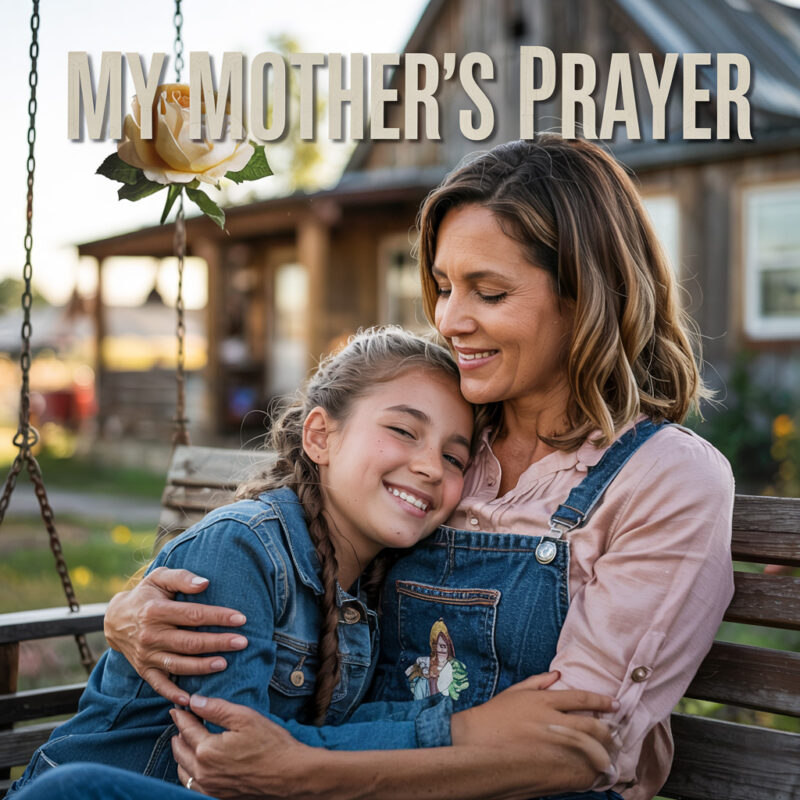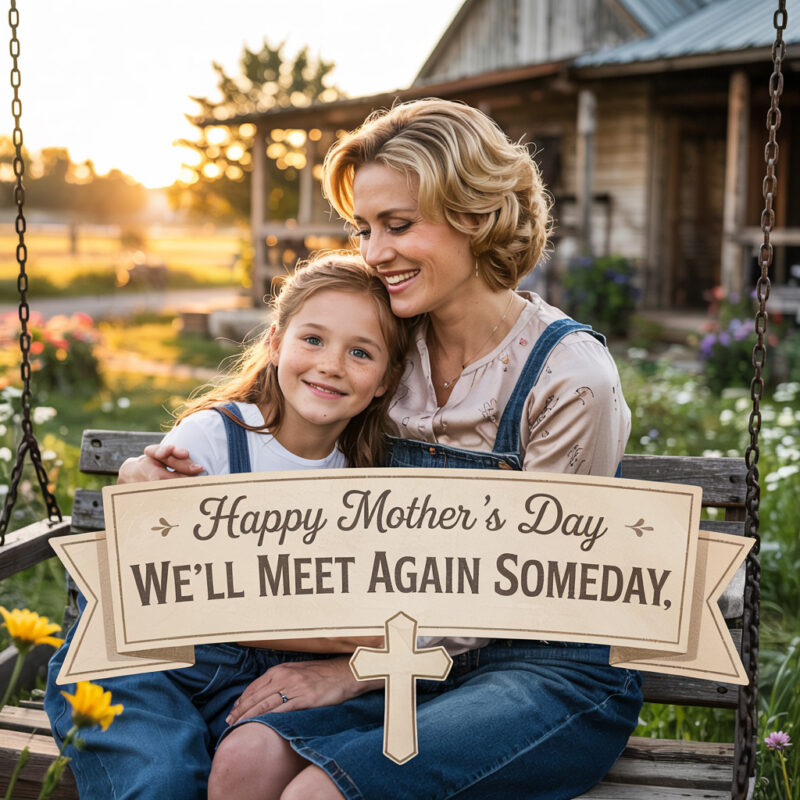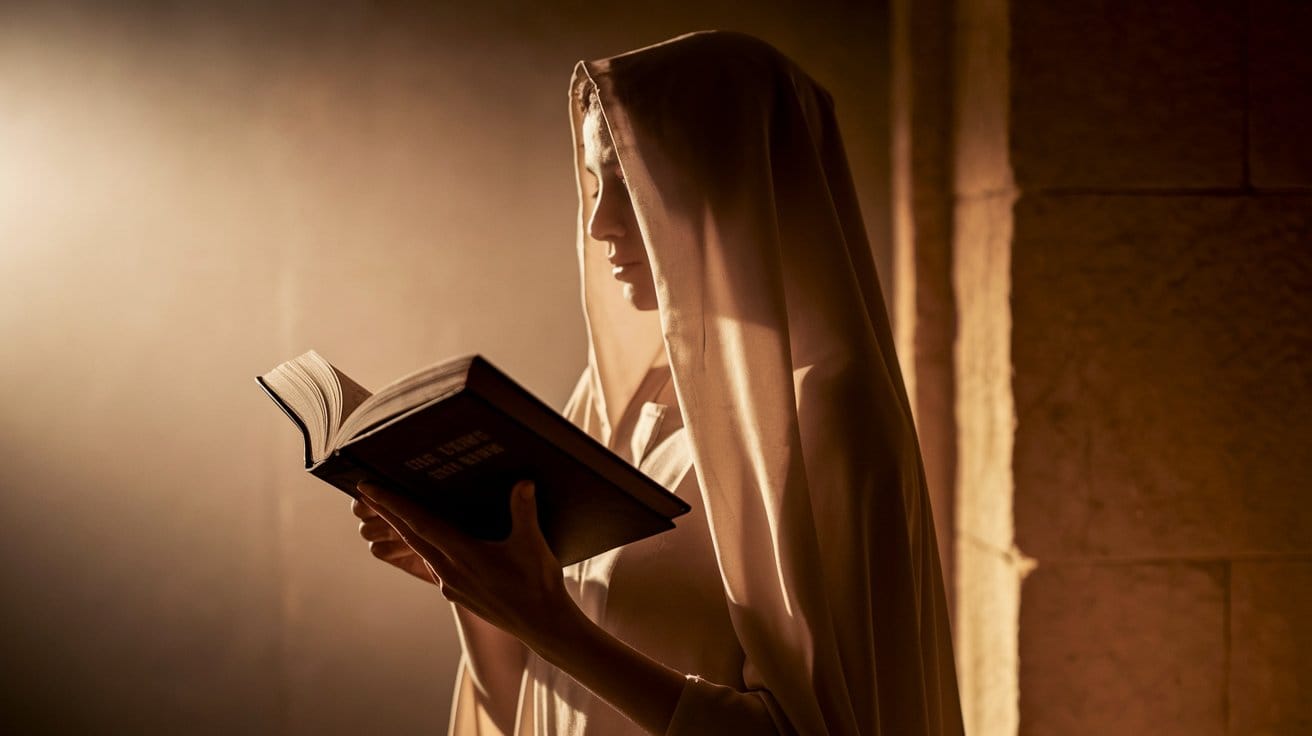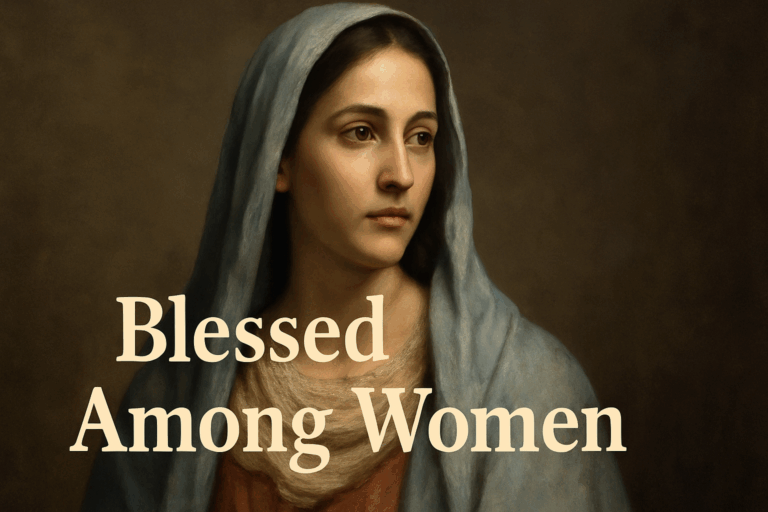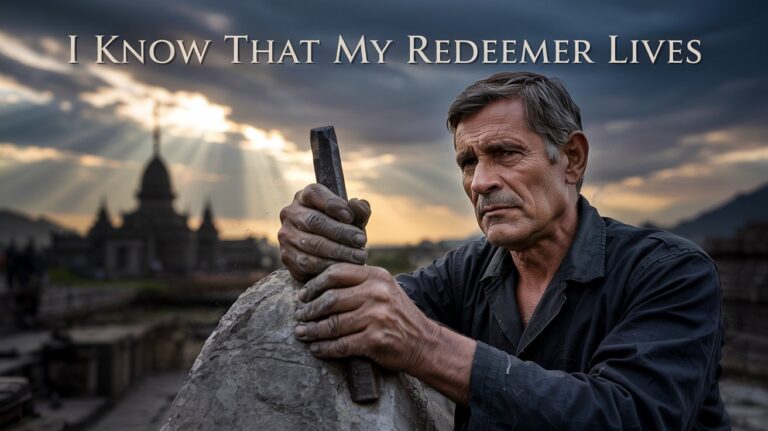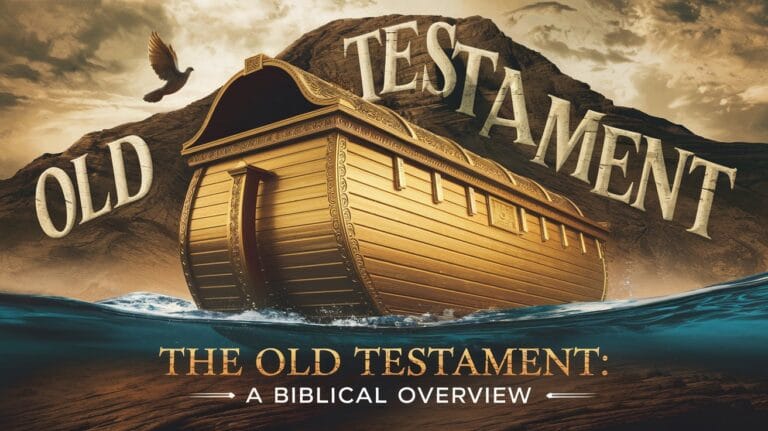Your cart is currently empty!
Women in Ministry: A Biblical Examination
The question of whether women are allowed to participate in ministry according to the Bible elicits a wide range of responses within Christianity. The provided sources offer a comprehensive look at this complex issue, encompassing theological arguments, online discussions, and detailed biblical analyses.
Varying Perspectives on Women’s Roles
The sources present a spectrum of views, ranging from strict limitations to broad acceptance of women’s involvement in various ministries.
“Are Women Allowed to Be in Ministry according to the Bible? – BiblicalCulture” (Adam Robinson)
Adam Robinson’s article argues for a nuanced approach, permitting women to engage in almost all forms of ministry, except those involving teaching men or exercising authoritative leadership over the entire church, roles typically associated with pastors or elders. He emphasizes the importance of defining “ministry” and highlights the distinction between general service (διακονία) and pastoral roles.
- Definition of Ministry: Robinson distinguishes between a broad understanding of ministry as any service to the Lord and a narrower understanding as pastoral ministry.
- Old and New Testament Usage: He notes the limited use of “ministry” in the Old Testament (Levitical duties) and the broader application of διακονία in the New Testament.
- Women as Deacons: Robinson argues that Scripture supports women serving as deacons, citing the lack of a possessive pronoun in 1 Timothy 3:11 and Phoebe’s designation as a “servant of the church” (διάκονος) in Romans 16:1.
- Other Ministries: Women are permitted to engage in various ministries, including praying, prophesying, evangelizing, teaching other women, and exercising spiritual gifts.
- Eldership: He advises women not to seek the role of elder unless divinely called.
“Can women be pastors according to the Bible? : r/Bible” (Reddit Discussion)
This online discussion reveals the diverse and often strongly held opinions on the topic.
- Divergent Interpretations: Participants hold varying interpretations of key biblical passages, such as 1 Timothy 2:12 and Romans 16:7.
- Gender Roles: Some emphasize distinct, God-ordained roles for men and women.
- Biblical Figures: The roles of figures like Junia are debated, with differing views on whether she was an apostle.
- Contextual Interpretation: Many emphasize the importance of interpreting biblical verses within their historical and literary context.
- Theological Frameworks: Participants appeal to different theological frameworks, including creation order, spiritual gifts, and equality in Christ.
- Secondary vs. Primary Issues: The discussion acknowledges that this is a secondary issue relative to salvation.
- Spiritual Gifts: The idea that God gives spiritual gifts to both men and women and that these gifts should be used in ministry is raised.
- Lens of Interpretation: The influence of the reader’s perspective and understanding of the Bible’s nature on their interpretation is highlighted.
“How Women Could and Couldn’t Lead in the Old Testament: Women in Ministry part 3” (Mike Winger – BibleThinker)
Mike Winger’s video series offers a detailed examination of women’s roles in the Old Testament, advocating for a “soft complementarian” view.
- Creator Order and Male Leadership: He discusses Genesis 2 and its implications for male leadership in marriage.
- Critique of Extremes: He critiques both egalitarian and overly restrictive complementarian views.
- Patriarchal Context: The Old Testament’s patriarchal context is acknowledged.
- Miriam, Huldah, and Deborah: The roles of these prophetesses and judges are examined, highlighting instances of female leadership while acknowledging limitations.
- Priesthood: Winger argues that women were excluded from the priesthood by God’s design.
- Other Examples: Other women who exercised influence are considered, such as the wise woman of Abel Beth Maakah.
- Isaiah 3:12: The verse is analyzed, and the possibility of mistranslation is raised.
- Summary of Old Testament Data: Women held various roles, including town representatives, queens, judges, and prophets, but not kings or priests.
“Why We Can’t Think Biblically About It: Women In Ministry part 1” (Mike Winger – BibleThinker)
This introductory video identifies common mistakes that hinder a proper biblical understanding of women in ministry.
- Secondary Issue with Major Impact: The issue is acknowledged as secondary but significant.
- Complementarian vs. Egalitarian Views: The two main perspectives are defined.
- Goal of the Series: The goal is to help viewers think biblically.
- Seven Major Mistakes: The video outlines seven common errors, including letting personal experiences, philosophical beliefs, or perceived consequences dictate interpretation.
- Approach to Scripture: Winger commits to not submitting Scripture to culture or playing polemical games.
- Call for Openness: Viewers are encouraged to be open to the Bible’s teaching.
Conclusion
The sources collectively reveal the complexity and sensitivity of the issue of women in ministry. They emphasize the need for careful biblical interpretation, contextual awareness, and a willingness to set aside personal biases. While the debate continues, these resources offer valuable insights for those seeking to understand the biblical perspectives on this important topic.
